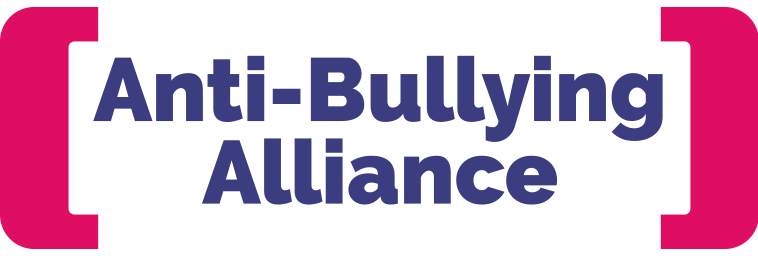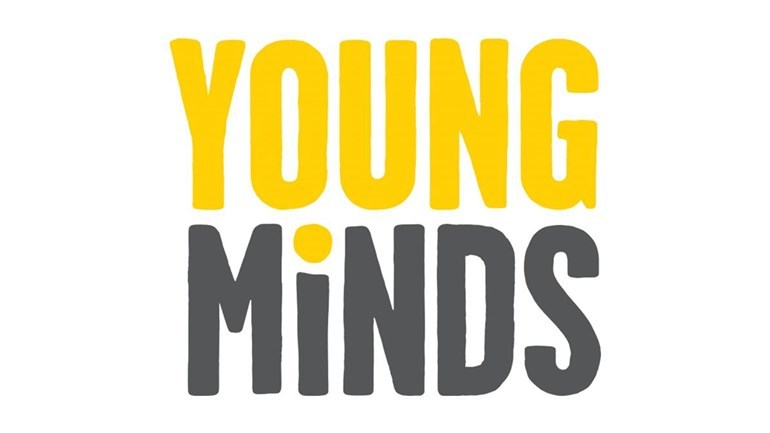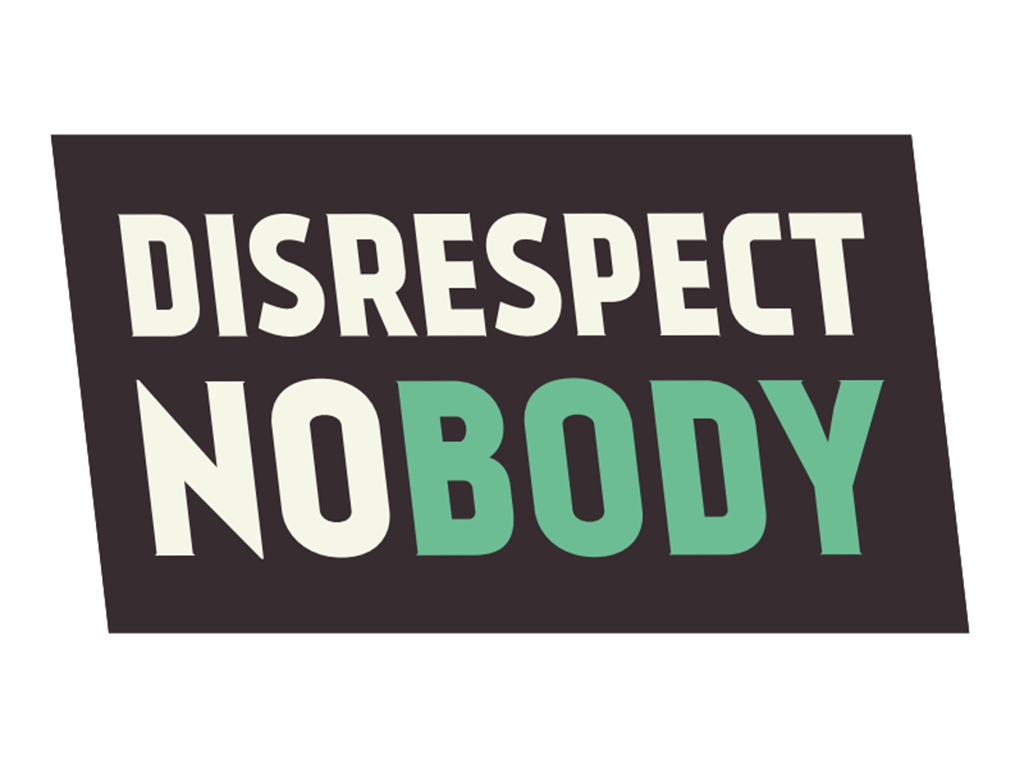Anti-Bullying: Key Pages and Resources
The Anti Bullying Alliance is a unique coalition of organisations and individuals, working together to achieve their vision to stop bullying and create safer environments in which children and young people can live, grow, play and learn. School Wellbeing is now a core member of the Anti Bullying Alliance (ABA) to underline our commitment to Anti Bullying Work in schools. Anti-Bullying Week in England is coordinated by the Anti-Bullying Alliance and takes place on the third week of November every year. They also have a tools and information page full of advice and resources for across the year.
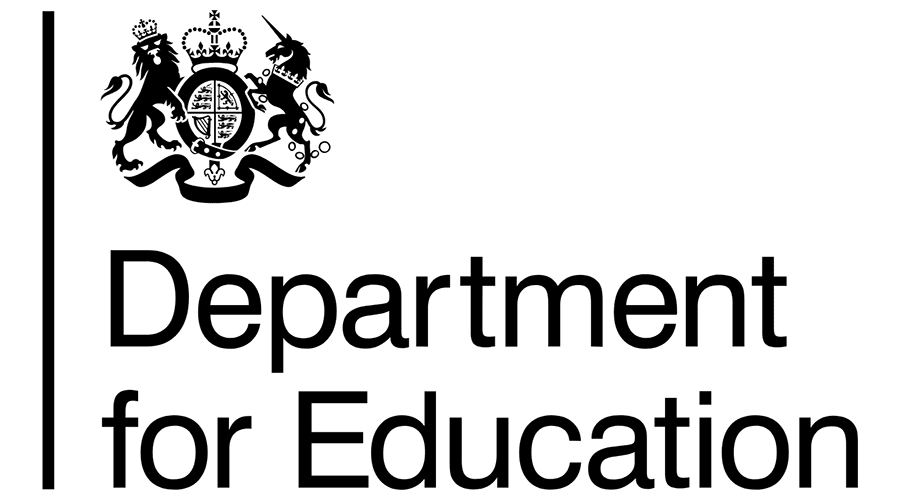
The Department for Education has produced three guidance documents for school staff, parents and carers on preventing and responding to bullying.
- Preventing and Tackling Bullying: Advice for Headteachers, Staff & Governing Bodies;
- Cyberbullying: Advice for Headteachers and School Staff;
- Advice for Parents and Carers on Cyberbullying;

Anti-Bullying from the Diana Award is an online resource centre for young people, parents and educators to turn to for issues around bullying behaviour. The Diana Award also offers all schools in the UK Anti-Bullying Ambassador training for free.
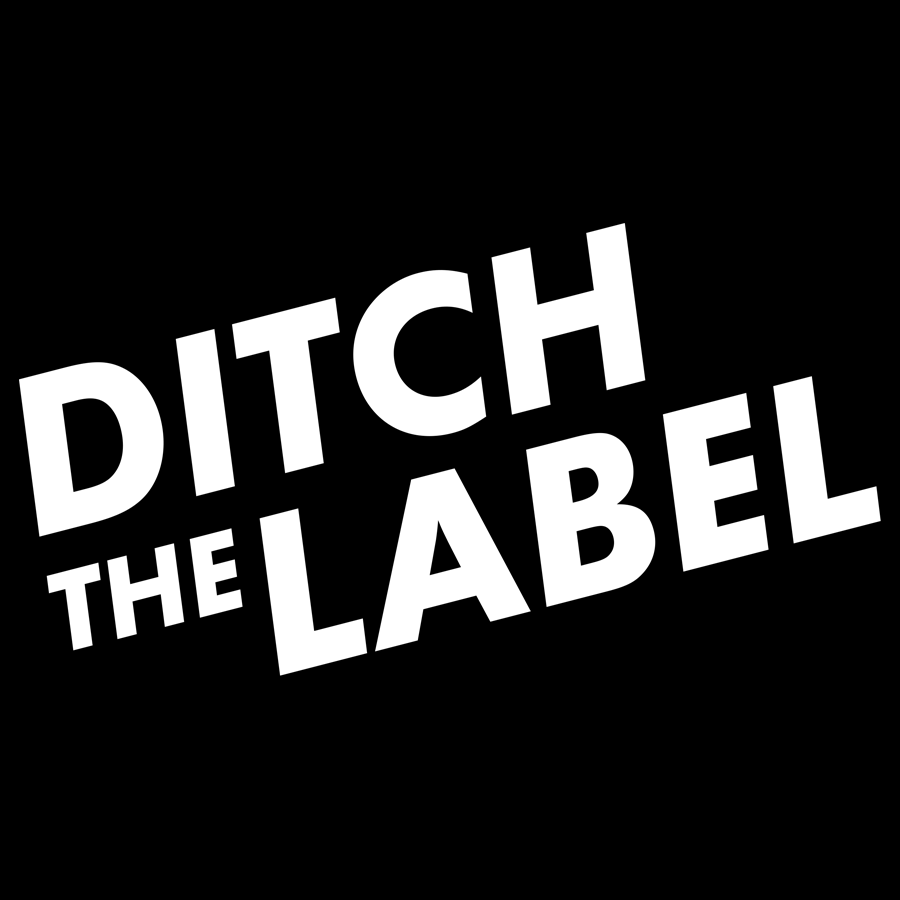
Ditch the Label is one of the largest pro-equality and anti-bullying charities in the world. Their award-winning work spans across the UK, USA and Mexico; promoting equality and empowering people aged 12-25 to overcome bullying. They are a digital charity, which means that most of their support is provided online through their website and partnerships with games and social networks.
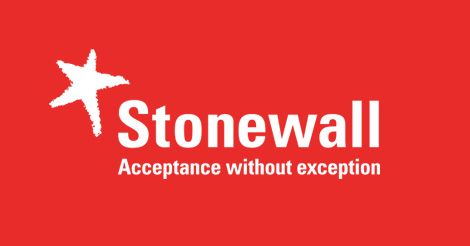
Stonewall has an anti-bullying page with a number of useful resources designed to help you create an LGBT+ inclusive environment including 'Next Steps in Inclusive Education: Celebrating Difference & Understanding,' an intersectional guide which can support you around the Relationships and Sex Education's statutory requirements:
Inspectors will assess the extent to which the provider complies with the relevant legal duties as set out in the Equality Act (2010), including, where relevant, the Public Sector Equality Duty and the Human Rights Act 1998. Ofsted Education Inspection Framework (2019), paragraph 16.
See also: easy-read information around discrimination against LGBT people.
Kidscape has a range of resources which provide information on issues surrounding bullying, online and personal safety. They can be used directly by young people and parents, as well as in the classroom within schools and youth organisations.
Relevant pages on Young Minds include:
- A bullying support page for young people giving information and advice on how to cope with bullying;
- A parents guide to bullying, how to spot it, stop it and support your child;
- Safety Net: an inquiry on the impact of cyberbullying on young people's mental health;
Abusive Relationships and Sexual Abuse
The Disrespect NoBody campaign helps young people to:
- Understand what a healthy relationship is;
- Re-think their views of controlling behaviour, violence, abuse, sexual abuse and what consent means within their relationships;
It aims to prevent the onset of domestic violence in adults by challenging attitudes and behaviours amongst young people that abuse in relationships is acceptable.The campaign is targeted at 12 to 18 year old boys and girls and aims to prevent them from becoming perpetrators and victims of abusive relationships.
The NSPCC PANTS Campaign aims to start a conversation around children staying safe, empowering them to own their own bodies as a preventative measure to child sexual abuse. Visit the website for a large range of free resources including lesson plans, teaching guidance, posters, parents guides and presentations. There are also tailored resources for children with learning disabilities as well as a video resource for deaf children.
Free Anti-Bullying Week lesson plan and resources for 11 - 14 year olds
In support of Anti-Bullying Week, Chameleon PDE is providing their Bullying Awareness Lesson Pack for free (verbal bullying, banter & respect). This resource is designed to help students understand the impact of bullying, promote empathy, and encourage positive interactions in and outside the classroom. Equip your class with the tools they need to foster a respectful and inclusive environment.
2 hours of activities suitable for 11 to 14-year-old students. This FULL resource pack provides you with lots of activities of varying lengths to use during anti-bullying week (or any other time). The theme of the antibullying week 2024 is 'Choose Respect', and with plenty of references to respect within the material, you can easily focus on this theme.
You can download the pack here
Picture News Secondary resource: Antibullying Week 2024: What impact bullying can have on a community?
Please find the PowerPoint resource here.

